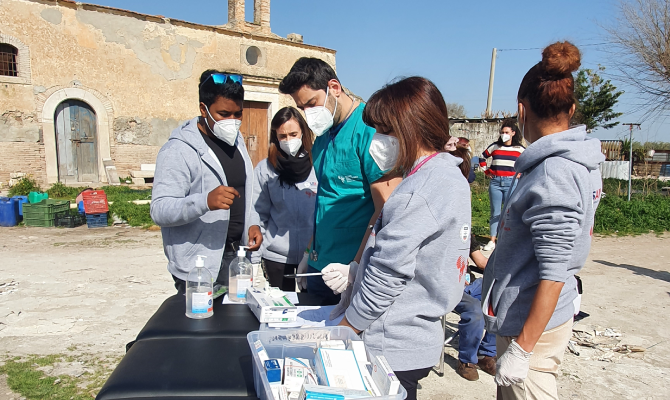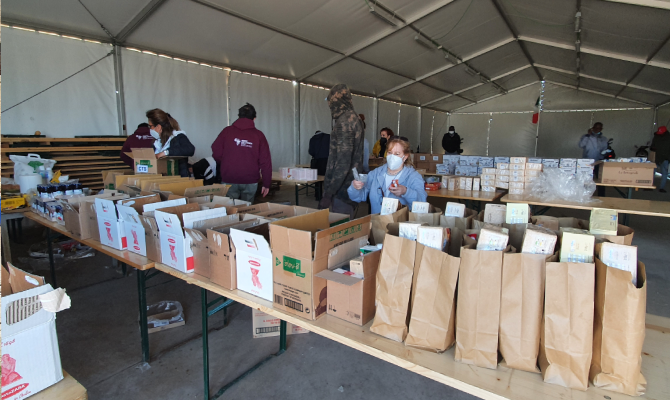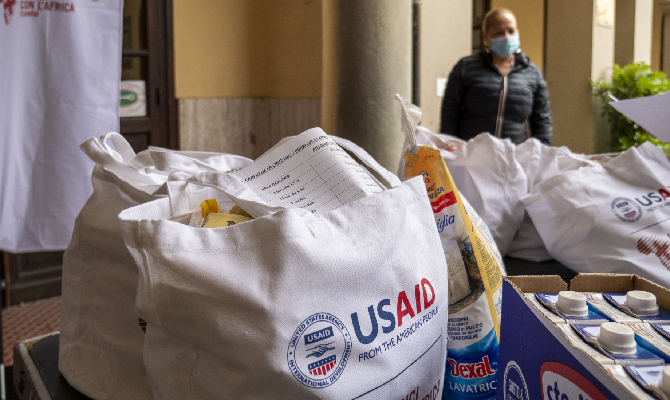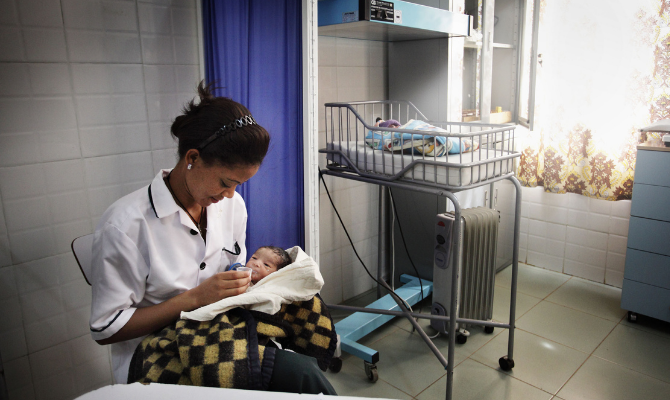Aaditya Sharma Dalooa is 29 years old, speaks 6 languages, and comes from Mauritius. He is a cultural mediator for the Municipality of Bari, in Puglia, and for the Casa Cultura Association. He meets with immigrants in Puglia, laborers who live in the informal settlements, and he helps them get oriented in the labyrinth of Italian bureaucracy. He translates documents for them, gives advice on how to apply for a residence permit or how to keep in order all the papers needed for all the different procedures.
“I came to Italy with my family in 2009. My mom, my dad, and my brother,” says Aaditya. We chose Italy to build a future, to give us a chance at a dignified life. And we found it. I already had a science diploma, but it wasn’t recognized here in Italy as a course of study, so I had to go to high school for three years. Then I enrolled in university and I still have two exams to do plus a thesis to graduate in Literature and European Union Law. In the meantime, I took courses to become a cultural mediator, which let me find a part-time job, thanks to CUAMM as well.”
The informal settlements in Foggia are one of the saddest parts of the situation in Italy. Immigrants, mostly men from Africa, live in very precarious, often degrading conditions. They work under the table in the fields, picking tomatoes, asparagus, olives, and grapes. From 4:00 in the morning to 5:00 in the evening for €2.50 per hour. They have no rights, no recognition because if you have no fixed residence, you can’t ask for an ID, which takes 9–10 months anyhow. With an expired residence permit, the only chance to make money is working under the table.

Aaditya goes with the Doctors with Africa CUAMM Bari camper-clinic every time it visits the eight settlements of Casa Sankara and Arena in the Province of San Severo, where about 650 people live, as well as to the farmhouses of Borgo Cicerone (San Marco in Lamis) and Pozzo Terraneo (Cerignola). These are very isolated properties, where around a hundred immigrants find shelter, mostly men from Africa, from Senegal, Gambia, Burkina Faso, and Nigeria.
Aaditya explains, “These are buildings far from everything, without water, electricity, or windows. Nobody comes here, no services, no ambulances if someone is sick. There is not even a way to get to a supermarket. Thanks to CUAMM and to the IRC-19 project, food kits adequate for 1 month are distributed. Every time we bring the kits, I am moved to see how these people can hardly wait to get the package in their hands to open it and be able to eat. And so when they hear that the camper with the doctors is coming for the visits, they greet them as ‘saviors.'”
This is all made possible through the indispensable role of the cultural mediator who helps doctors communicate with immigrants and helps them overcome their natural fear and mistrust to let themselves be checked and helped.
“I like this work very much. Thanks to the CUAMM team that works so hard to help these people who no one thinks about, and thanks to the support of USAID, we are really making a difference for these people.”
From the start of the project through January, 2,200 food kits, or 33,300 meals, were distributed.

This story is made possible by the generous support of the American people through the United States Agency for International Development (USAID). The contents are the responsibility of Doctors with Africa CUAMM, recipient of the Fixed Amount Award (FAA) No. 7200AA20FA00013 and do not necessarily reflect the views of USAID or the United States Government.





